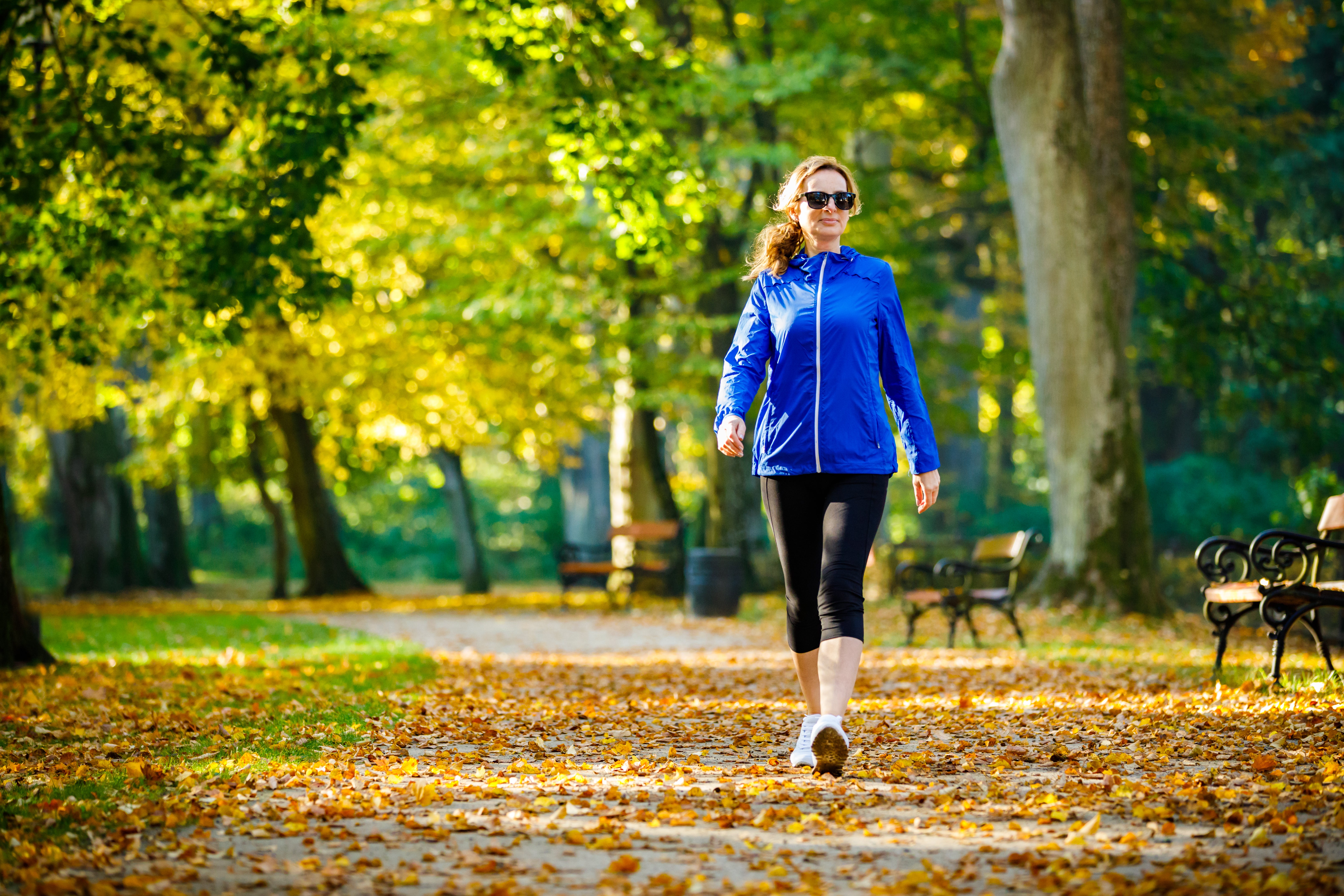Study finds that 10 minutes of exercise could be lifesaving for adults over 40
A recent study has found that a few more minutes of exercise could make all the difference.

A new study has found that adding 10 minutes of exercise a day could be lifesaving.
In a recent study published in The Journal of the American Medical Association (JAMA), researchers looked at data from the National Health and Nutrition Examination Survey (NHANES). From 2003 to 2006, participants over the age of six were examined based on their physical activity.
JAMA then further studied 4,840 adults from the survey who were either between the age of 40 to 85 or older. The exercise and death rates of these participants were tracked up until the end of 2015.
Results found approximately 110,00 deaths a year could be prevented if American adults, between the age of 40 to 85, added only 10 minutes of moderate to vigorous physical activity (MVPA) to their daily routine. Those 10 minutes also showed a 6.9 per cent decrease in the number of deaths per year.
More specifically, data found that this addition of 10 minutes of MVPA a day could prevent “8 per cent of total deaths per year among men and 5.9 per cent among women”.
And the more exercise you do, the bigger difference it can make. In fact, increasing MVPA by 20 minutes a day was linked to a 13 per cent decrease in adult deaths per year, while increasing MVPA by 30 minutes was associated with 16.9 per cent decrease.
“We know exercise is good for us,” Pedro Saint-Maurice, the JAMA study’s author told CNN in an email. “This study provides additional evidence of the benefits at the population level: if all adults in the United States (over age 40) were to exercise just a bit more each day, a large number of deaths could be prevented each year.”
And while this data isn’t centred upon one specific person’s daily habits, Saint-Maurice noted that it does look at a bigger picture.
“This study doesn’t focus on the benefits for individuals, but rather at the level of the population,” he said.
“We can make our nation healthier by encouraging everyone to add an additional 10 minutes of activity or more each day,” he added.
This isn’t the first study that has found a connection between exercise and death risk. In another study published by JAMA this past September, researchers looked at data from The Coronary Artery Risk Development in Young Adults (CARDIA), which included Black and white adults between the ages of 18 to 30. From 2005 to 2006, participants wore an accelerometer to track how many steps they were taking a day.
Results found that the more steps you take a day, the lower your risk of mortality. In fact, adults who took at least 7,000 steps a day had a 50 to 70 per cent lower risk of mortality, when compared to adults who took less than 7,000 steps a day.
More specifically, 8,000 to 12,000 steps of walking a day are linked to a “50 percent to 65 percent reduction in risk of mortality” compared with 4,000 steps a day.
Join our commenting forum
Join thought-provoking conversations, follow other Independent readers and see their replies
Comments